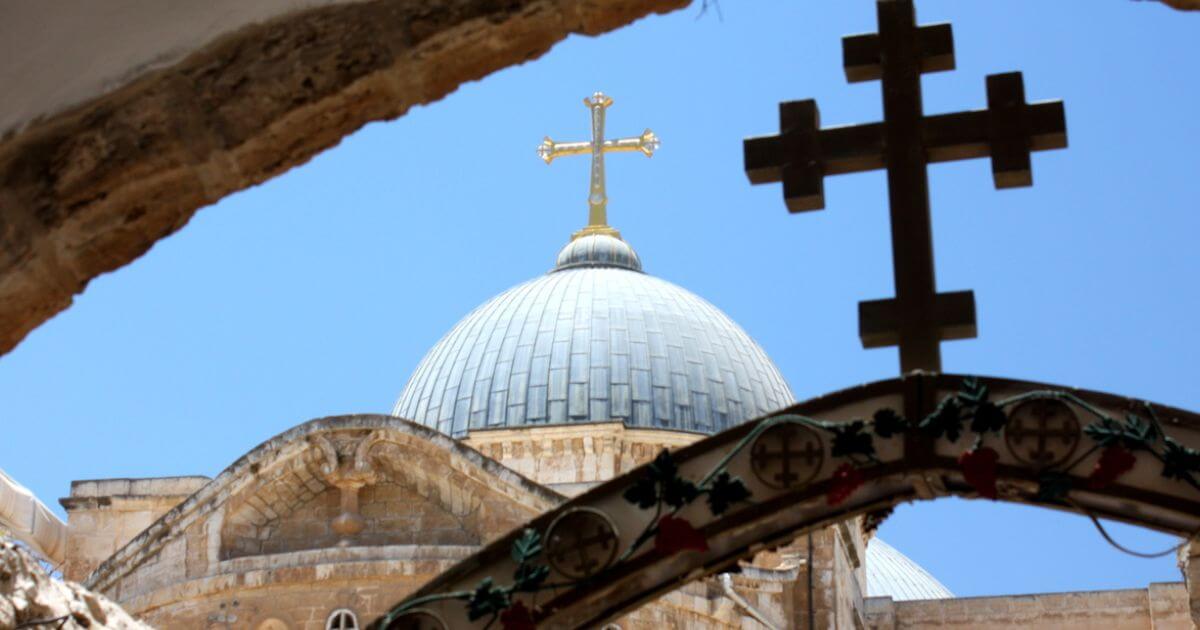Chrismation represents the anointing of believers with the Holy Spirit, a practice deeply symbolic in Orthodox Christianity. However, the Bible does not command or describe such a rite for receiving the Spirit. Instead, Scripture emphasizes that the Holy Spirit is given freely to all believers at salvation through faith in Christ (Galatians 3:2-3; Ephesians 1:13-14). Although the Bible includes passages connecting the baptism rite to receiving the Holy Spirit (Acts 2:38; Acts 10:44-48), it doesn’t proscribe such rites for that to happen. The indwelling of the Spirit is not dependent on external rituals but on God’s grace.
Chrismation highlights the Orthodox Church’s desire to emphasize the Holy Spirit’s role in the believer’s life, yet it is not a biblical requirement. Scripture teaches that the Holy Spirit is given at the moment of salvation, demonstrating that salvation and the Spirit’s presence are entirely by God’s grace. The focus on chrismation as essential for receiving the Holy Spirit risks obscuring the biblical truth that no human action can earn or facilitate the Spirit’s indwelling.
For Christians today, this distinction reminds us to rely on the Word of God as the ultimate authority on spiritual matters– not tradition or human thinking. Trusting in the sufficiency of Christ’s work and the Spirit’s gift at salvation provides assurance and freedom from dependence on rituals. While traditions can be meaningful, they must be in accordance with biblical truth, ensuring that faith is rooted in God’s promises rather than human customs.




